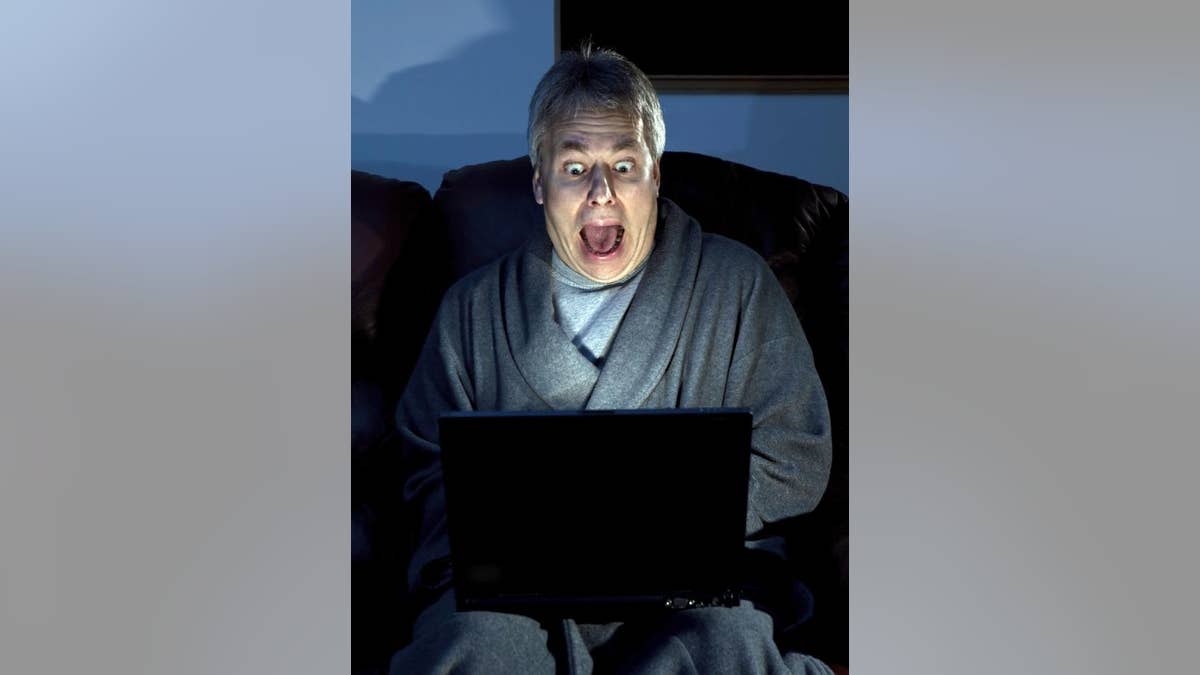
There’s virtually no end to the information you can find on the internet — and sometimes, that can pose a huge problem.
With just a simple online search, your friends, family and any potential employers can find all sorts of details about your personal and work histories, and more disturbingly, any less-than-flattering photos that happen to be floating around the Internet.
But what can you do if you find out that one of your more embarrassing (or potentially incriminating) photos has found a new home on the net? Should you brush it off and hope that nobody sees it? Besides, how much damage could one little photo do to your reputation?
“If you let embarrassing photos circulate on the web, it can immediately hurt your job prospects,” says Dan Schawbel, a managing partner of the management consultant firm Millennial Branding. But it’s not just job prospects that can suffer; as Schawbel notes, people have been fired from jobs they have held for years, simply because an old photo came back to haunt them. “Things that you've done years ago can wind up damaging your career today if you don't do something about it now,” he says.
Tim Bukher, a partner at the firm of Handal & Morofsky, adds that harmful photos may cause a different kind of headache far down the road. As he recalls, there have been instances where people have lost lawsuits because “the other side was able to dig up an old photo to prejudice the jury,” meaning that it can be impossible to foresee how an Internet photo can affect your future.
The answer to these problems seems simple: just take the embarrassing photos down. But sometimes, it’s not as simple deleting them from your Facebook account or asking a friend to remove them from their online photo album. If your photo turns up on a random website, you’ll need to do a bit more work.
“Assuming that photo is yours and you did not license the website to display it, you can send a DMCA take-down notice,” says Bukher. This take-down notice, which is formal request for the material to be removed, is sanctioned under the Digital Millennium Copyright Act (DMCA) — a U.S. copyright law that helps to protect the ownership of digital information. Bukher adds that take-down requests can be prepared and sent by the copyright holders themselves rather than a legal professional, though he says a take-down notice from a lawyer might get better results.
Schawbel adds that under Section 512 of the Digital Millennium Copyright Act, it is actually illegal for someone to post an unsolicited photo of you without your consent. Therefore, it is wholly appropriate (and completely within your rights) to notify the sites who are hosting the photo. “If the website doesn't comply with certain [take-down] procedures, the website could be liable for infringement,” he says.
However, as Schawbel points out, the best offense (at least when it comes to protecting yourself from embarrassing photos) is a good defense. In other words, he suggests changing your online presence for the better, so that anyone who might be searching for you (employers, family, potential dates) will be more likely to see positive material within the most relevant search results.
“Register your domain name,” Schawbel says, suggesting you lock down "(yourfullname).com" as soon as possible and upload a few professional pictures. He also recommends doing the same thing on various social networking sites like Facebook, Twitter or LinkedIn. “The other two ways to build a strong offense, which will protect you now and in the future, are to generate positive press and write articles or blog posts for other websites.” According to Schawbel, these tactics can help “bury” any unflattering photos or remarks.
But if pictures of your past are still coming back to haunt you online, Bukher says you can always fall back on the law — and he’s not talking about the police. “Most invasions of privacy … would not necessarily be "criminal" such that law enforcement would get involved,” says Bukher, adding that in his experience, the police tend not to get involved in matters of infringement.
Instead, Bukher recommends contacting a lawyer, “if only for an analysis of the problem and counsel on how to proceed.” And even though he acknowledges that — as a lawyer himself — he would always refer someone to an attorney, he says that an experienced lawyer can provide invaluable services, such as writing a proper take-down request, sending a strongly worded cease and desist letter or applying to court to enforce your rights. As he states, “A good lawyer will be able to explain to the client how the particular facts of his case interplay with the various laws and, therefore, what rights the client has; and then of course the lawyer will proceed to enforce those rights.”
So don't fret just yet — though it might be a pain in the neck, it's not impossible to remove an embarrassing photo from the web, or at least bury it in the darkest corners of the Internet. It is, however, going to take some time, some effort, and possibly a call to an experienced lawyer.
Remember that the next time you're trying to think up a memorable hand gesture for your vacation photos.








































